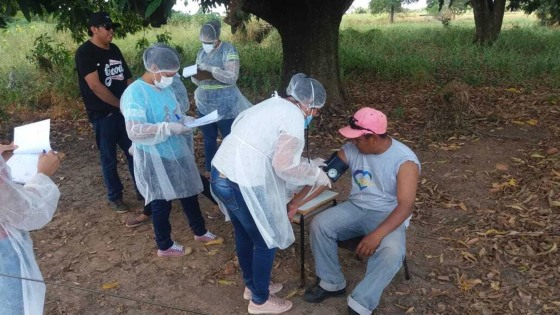BRASILIA/SAO PAULO, Brazil — Coronavirus is spreading fast through Brazil’s indigenous populations, with deaths caused by the disease increasing more than five-fold in the past month, according to data collected by a national association of first peoples.
Many epidemiologists had hoped remote locations might protect the tribes, but the virus, which first took hold in Brazil’s cosmopolitan state capitals of Sao Paulo and Rio de Janeiro, is increasingly devastating these far-flung communities where basic healthcare is often precarious.
For many indigenous it harks back to a dark past.
When Europeans first navigated the rivers of the Amazon rainforest, their smallpox decimated local tribes. Later, rubber tappers, gold miners and settlers brought malaria, measles and influenza. Now, it is COVID-19.
Deaths among Brazil’s indigenous populations rose to 182 by June 1, from 28 at the end of April, according to the Articulation of Brazil’s Indigenous Peoples (APIB) - a national umbrella association that brings together the country’s 305 tribes.
In the village of Sororó in southeastern Pará, tribesman Itamaré Surui said people were falling ill but the government had not provided tests to confirm whether they have COVID-19.
“I am feeling dizzy with fever and stomach pains. Many are ill in the village and we have no help,” he said.
The official figures provided by Brazil’s government put the number of dead at 59, as they only classify indigenous deaths as those occurring among tribes living on reservations but not those who have migrated to cities.
Brazil’s Health Ministry, which collates the data and provides medical assistance to indigenous tribes, did not immediately respond to a request for comment.
The numbers may be small compared to the rest of Brazil, which now has the second largest outbreak in the world, but they are significant because they show the virus has taken hold in vulnerable communities where doctors fear the spread will prove devastating.
Follow NBC Latino on Facebook, Twitter and Instagram.



